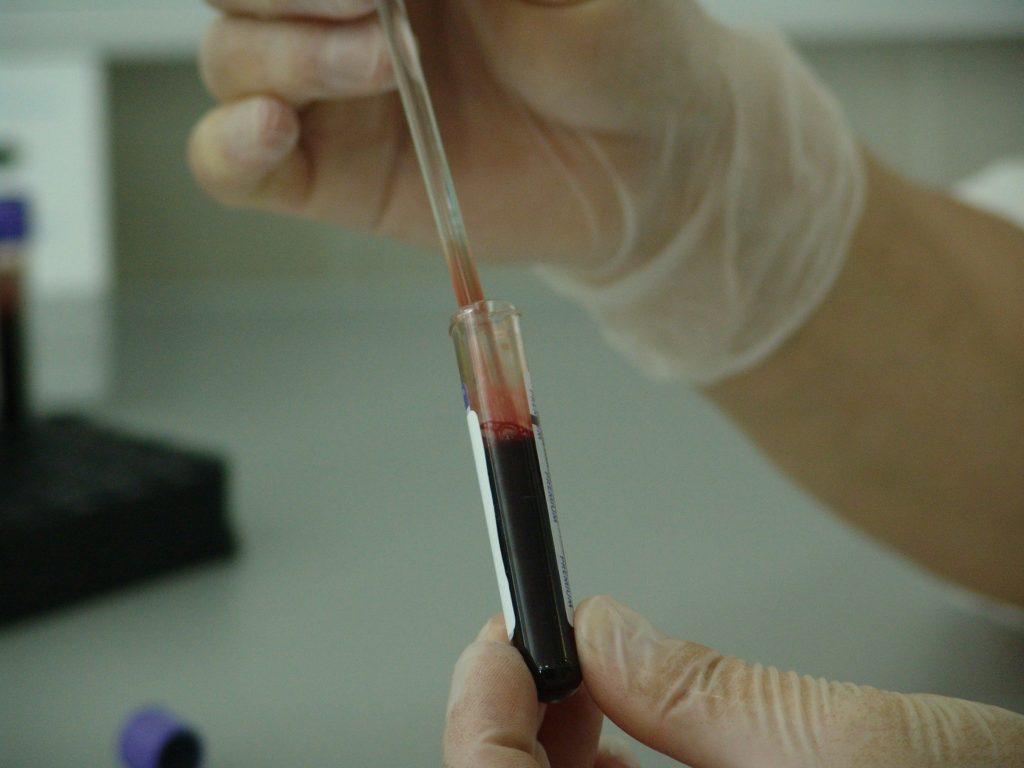Description: Science tutor Nicoll shares about her career in cancer research.
My name is Nicoll and I am a tutor for Telios Tutors. Alongside private tutoring, I am also a Cancer Research PhD Candidate at The Institute of Cancer Research and Imperial College, London. As part of my PhD, I am exploring the role of autophagy in high-grade ovarian cancer. So, in this blog post, I thought I would explain the biology behind my research and talk about why pursuing a career in science, and, specifically, cancer research, is so interesting!
Our bodies are made of billions of tiny units called cells. In each of these cells, there are thousands of small processes and activities going on all of the time. One of these processes is called autophagy. The word “autophagy” actually is derived from the Ancient Greek language and it translates to “self-eating”. In autophagy, parts of the cells themselves are “eaten” by specialist structures termed “autophagosomes” which are found within the same cell. In this way, the cell can literally start “eating” itself.
But, why would a cell want to start eating itself? Well, autophagy is happening in small amounts all of the time. This is useful because the cell eats the parts of itself that are old, damaged, or worn out. In particular, it eats organelles called mitochondria which can harm the cell when they are damaged and old if they haven’t been removed. But, when our cells are starved, of oxygen or nutrients, then autophagy becomes very important. The cells can get energy by eating themselves, without which they would die. So, when our cells are starving, we find lots of autophagy happening.
Now, we think autophagy could potentially be used to treat cancer. Cancer is a disease in which our cells start growing very rapidly and uncontrollably to form tumours. When they are growing this quickly, they need large amounts of energy to help them grow. So, they use autophagy, to allow their cells to eat parts of themselves to give them the energy they need. In my PhD, I am investigating whether we can use medicines that stop the cells from being able to do autophagy and whether then, without autophagy, the cancer cells do not have enough energy to grow meaning we might be able to cure patients of their cancer.
This research is very exciting. If it is successful, it could mean we could improve treatments for all types of cancer and prevent the awful side effects of the medicines currently used to treat cancer in chemotherapy. Working in cancer research means that not only do we get to look inside of human cells all of the time, but we have the potential to be able to cure millions of people of a disease, that might otherwise make them very poorly or kill them!
So, what qualifications do you need to start working in cancer research? Firstly, you need a strong interest in science, especially in chemistry and biology. You’ll need to do both a chemistry and biology A-Level and go to university to undertake a degree in a science subject. You then might need to do a Masters, and finally, a 4-year course called a PhD, and then you will become a doctor who is fully qualified to work in cancer research!




